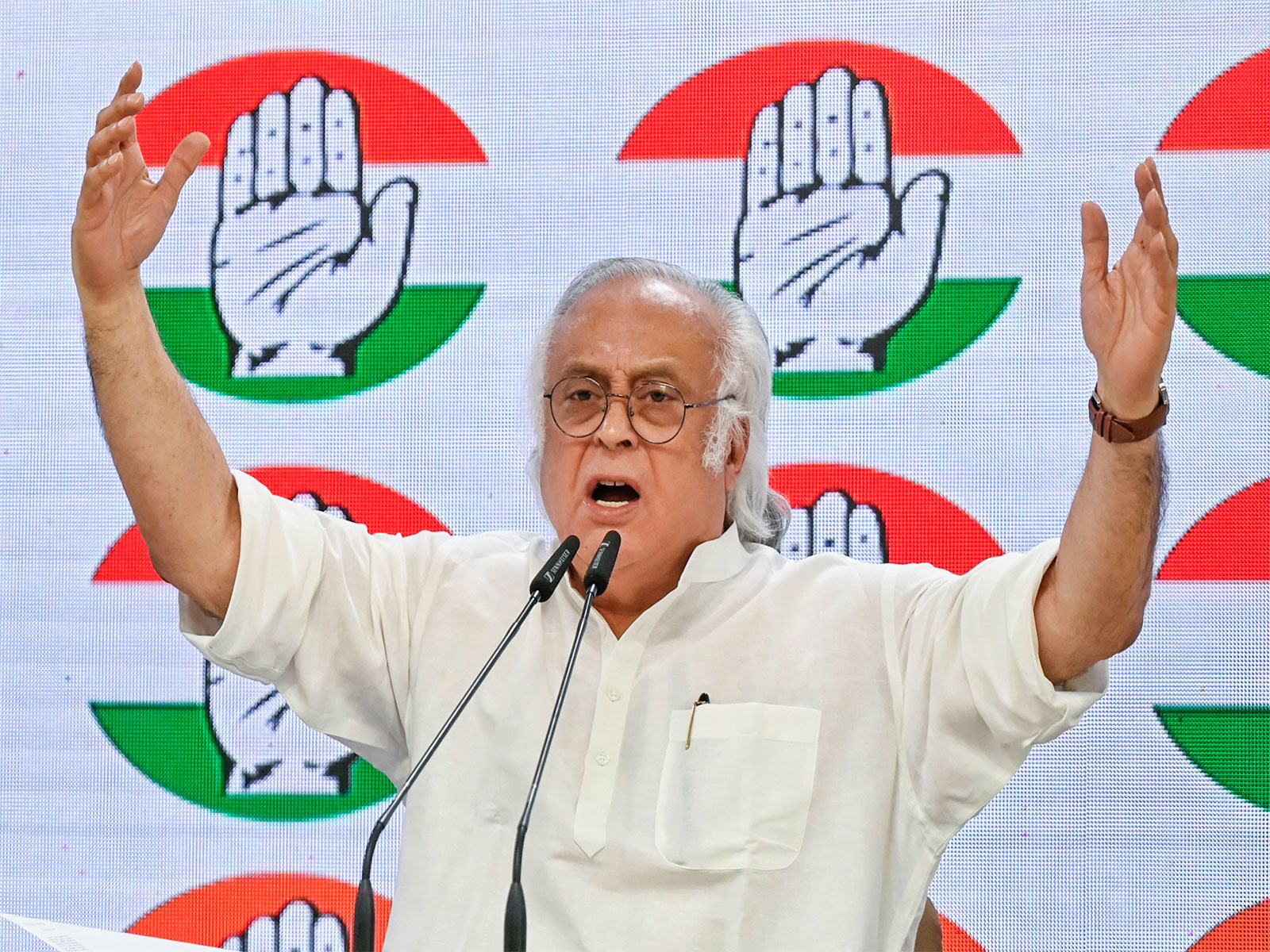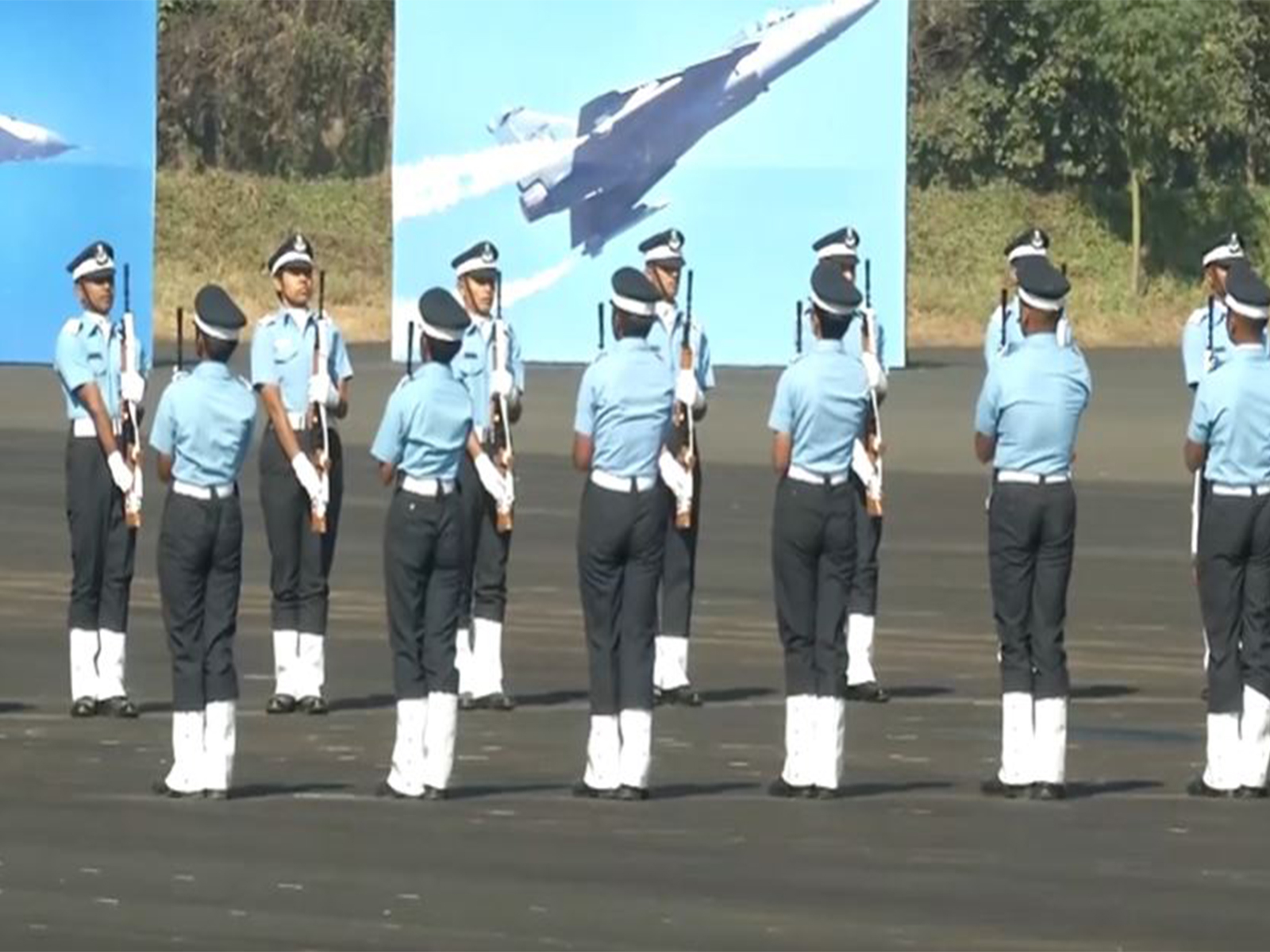From supporting Taiwan to advocating human rights for Xinjiang: Kamala Harris' perspective on US policy toward China
Jul 24, 2024

Washington [United States], July 25 : US Vice President Kamala Harris, who is trying to win delegates' support to be the Democratic nominee for the next President of the US, is considered by many analysts to be somewhat of a novice in foreign policy, however, experts speculate that she will likely uphold the Biden administration's foreign policy, particularly in managing relationships with China, VOA reported.
She has garnered endorsements not only from US President Joe Biden but also from several senior Democrats following his withdrawal from the upcoming presidential race.
Over the past 3.5 years as vice president, she has visited more than 19 countries and met with more than 150 foreign leaders, according to the White House website. She has visited over 19 countries and met with more than 150 foreign leaders, according to information available on the White House website.
Let's look at some of Harris's remarks on China policy during her tenure as vice president and earlier as a US senator.
In September 2023, Harris travelled to attend the ASEAN summit in Indonesia's capital, Jakarta. After the meeting, she spoke about US-China relations and Indo-Pacific policy on CBS and said, "We, as the United States, in our policy, it is not about decoupling, it is about de-risking. It is about understanding. It's not about pulling out, but it is about ensuring that we are protecting American interests and that we are a leader in terms of the rules of the road, as opposed to following others' rules," Harris had said, according to VOA.
Notably, Harris' first meeting with Chinese leader Xi Jinping was at the Asia-Pacific Economic Cooperation (APEC) summit in Bangkok in 2022, where she emphasised the importance of maintaining "open lines of communication to responsibly manage the competition between our countries."
The US Vice President also expressed the country's support for Taiwan. In a meeting with South Korean President Yoon Suk Yeol in September 2022, she reaffirmed that the US would continue to support Taiwan and oppose any unilateral actions that seek to change its status quo. The White House emphasised that Harris underscored the importance of maintaining peace and stability across the Taiwan Strait as an important element in promoting a free and open Indo-Pacific region.
The Taiwan Strait, separating Taiwan from mainland China, has been a frequent area of contention, with Beijing viewing Taiwan as a breakaway province and asserting sovereignty over the island.
During her tenure as a US senator representing California, Kamala Harris has been a vocal advocate for legislation aimed at upholding human rights in Hong Kong and Uyghur. In 2019, she co-sponsored the Hong Kong Human Rights and Democracy Act introduced by Republican Senator Marco Rubio, which aims to promote human rights in Hong Kong and sanction officials involved in "undermining Hong Kong's fundamental freedoms and autonomy." The bill was later signed into law by then-President Donald Trump, according to VOA.
She also facilitated the passage of the Uyghur Human Rights Policy Act of 2019, which became law in 2020. The bill authorised the US to impose sanctions on individuals or entities involved in human rights violations in Xinjiang, which is China's westernmost province where reports of mass internment camps, forced labour, and coercive assimilation have drawn global condemnation. The province is home to the ethnic Uyghurs, a mainly Muslim minority.




















